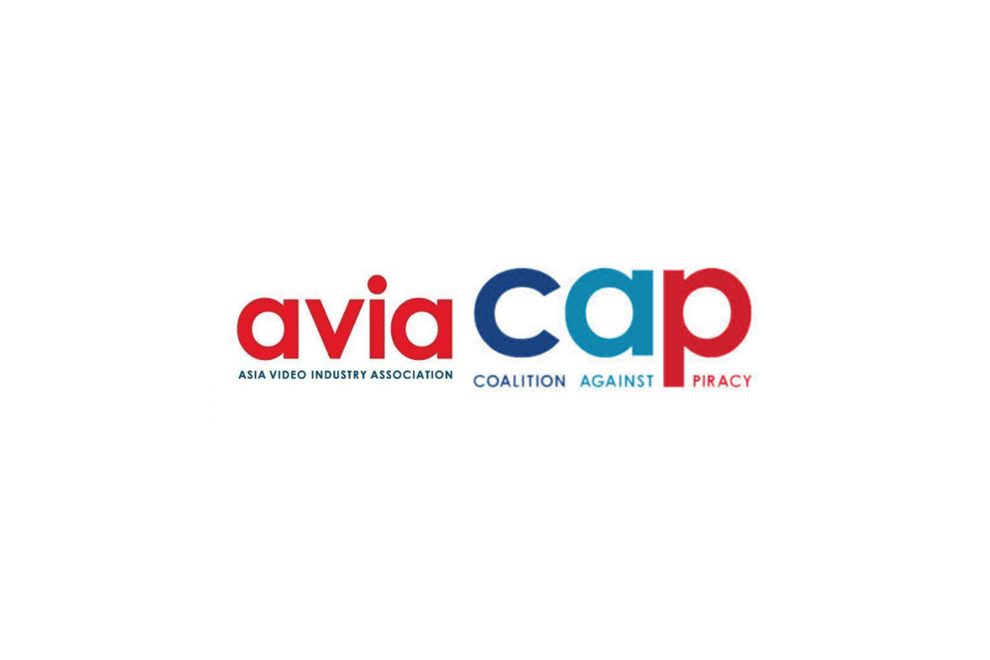The Coalition Against Piracy (CAP) has been tracking traffic to sites that have been blocked in Indonesia, as well as overall traffic to pirate sites and legitimate sites. The Indonesian government started blocking illegal sites in the middle of 2019 and by April this year, the total number of sites blocked in Indonesia had topped 3,500. CAP’s latest data also showed traffic to all pirate sites in Indonesia was down by 75% as of January this year compared to when tracking first started in September 2019. Encouragingly traffic to legitimate sites in Indonesia had also tripled over the same period.
The effectiveness of the blocking is backed up by the most recent YouGov consumer surveys undertaken by CAP in which more than 50% of Indonesian consumers say that they have stopped or rarely access pirate services as a result of blocking. Perhaps more importantly, 76% of Indonesian consumers say they are accessing more legal content and pirating less, and 26% say they have subscribed to legitimate sources as a result of illegal streaming sites being blocked. Blocking as an educational tool may also be evident in 95% of Indonesian consumers agreeing that online piracy does have negative consequences – the highest in the region.
Local movie producer Edwin Nazir, the Chairman of Asosiasi Produser Film Indonesia (APROFI) was greatly encouraged by the ongoing blocking efforts and the positive traffic data. “It is through collective consciousness and continuous effort that we can stand against piracy and bring the Indonesian film industry forward,” said Nazir.
Matthew Cheetham, General Manager of CAP, noted, “Indonesia is leading the way when it comes to regulatory site blocking in the Asia Pacific region, if not the world, and the Indonesian government is to be congratulated for the strong stance they have taken in this area. Local industry is clearly benefitting from the actions, as are consumers who are not only being directed towards legitimate content, but in being blocked from accessing pirate sites, they are also protected from the serious risks that previous CAP studies shows are inherent in accessing pirate sites.”
CAP’s most recent YouGov consumer surveys show that while piracy continues to be a major concern around the Asia Pacific region, particularly in Vietnam, Malaysia and the Philippines, where 61% of consumers admit to accessing pirate services in each country, site blocking, and in particular government regulatory blocking, is having a noticeable effect in stopping consumers accessing pirated content online.












